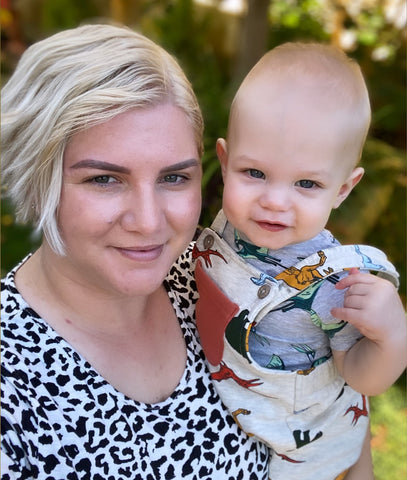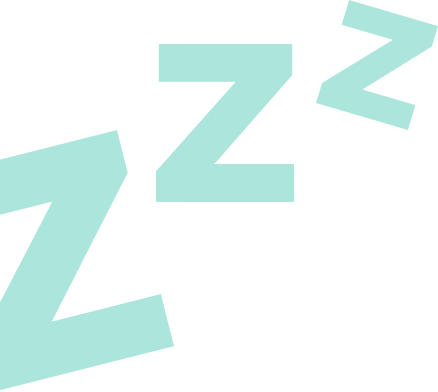We have an internal clock, also known as the Circadian Rhythm, which helps us feel awake during the day and sleepy at night time. Serotonin, the awake hormone, is produced during the day and Melatonin, the sleep hormone, is produced at night time, setting us up for sleep.
The Melatonin Hormone
Maternal melatonin allows babies to fall asleep anywhere quite easily, until around 3 weeks old, as the melatonin that comes from the placenta is quite high. This melatonin slowly decreases until they start producing their own melatonin, around 8 weeks old. Did you notice that when your baby hit that 8 week mark, that they started catnapping, were more alert and harder to get to sleep on the go? That’s because the high amount of maternal melatonin has now disappeared and they are now producing their own melatonin.
The Seratonin Hormone
Now it’s time to shed some light on Serotonin, the awake and happy hormone. Serotonin is actually converted into melatonin and supports sleep. Serotonin is produced from light and signals to the brain that it is time to wake up. The aim is to have a good balance of both melatonin and serotonin hormones, as they work together to allow your child to sleep well.
How can you help your child produce serotonin? You can open the blinds during the day to let in natural light, safe exposure to sunlight each day, you can go for a walk in the pram, have morning or afternoon tea on the lawn in the backyard or go for a walk and play in the park.
What affects the sleep hormones?
Any light from the sun or artificial light from lamps, technology etc affects the readiness for sleep, as light produces serotonin and blocks melatonin production. Have you noticed that your child does not sleep as well or is difficult to settle to sleep in a light environment? When your child is in a dark room, melatonin is produced by the Pineal Gland, which makes it much easier for your child to fall asleep, stay asleep, learn to link sleep cycles and have consolidated and restorative sleep.
I don’t recommend any night lights until over the age of 2 years old, when some toddlers may have a genuine fear of the dark. If your toddler develops a fear of the dark and you need to provide a night light, I recommend a red light that is as dim as possible and in the corner of the room out of direct sight. I recommend the room being as dark as possible for all naps, overnight and especially when the sun rises.
When it’s time for your child to have a nap, you want their room to be as dark as possible, as this allows serotonin to be converted to melatonin, which will help your little one get ready for sleep, fall asleep and stay asleep.

Rachel Thompson is a certified Baby Sleep Consultant based in Australia but offering her services worldwide.
My journey of becoming a new mum is by far the best life experience and is incredibly rewarding, but it can also be a rollercoaster with many challenges, running emotions and sleep deprivation just adds to it... I myself have experienced the depths of sleep deprivation and I know the impact it can have on all aspects of your life. I wanted to help our son develop healthy sleep habits while he was young, and well into the future as he grows. My sleep deprivation actually inspired me to want to become an Infant and Child Sleep Consultant, because I love science, so learning all about sleep was fascinating. I am passionate about helping other families around the world get quality sleep and learn the invaluable skill of sleep.
Find out more about the services Rachel offers on her website Rockabye Baby Sleep Solutions, and follow her for great tips and advice on Instagram.



